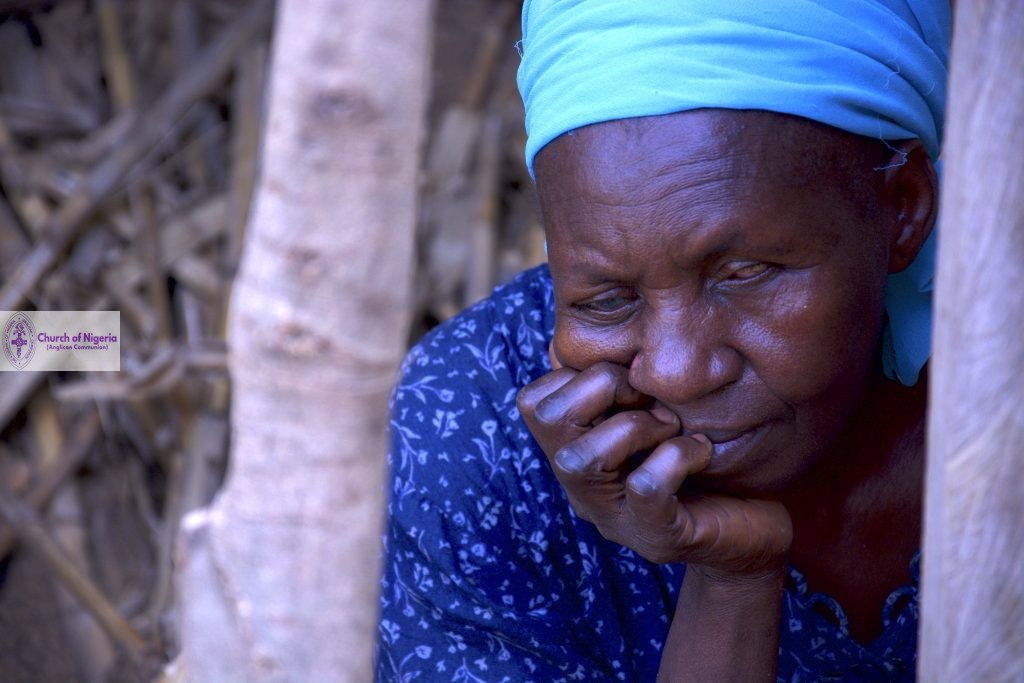- Ven. John Hassan
- February 22, 2021
- 0 Comments
Amy Orr-Ewing
A few days ago, I walked behind a casket into a funeral service, carrying a five-month-old baby girl in my arms. Her mother was in the casket. My dear friend Brenda has just died. She was 36 and left a husband and three children. I found myself asking: is there any hope in this seemingly hopeless situation? Is there any comfort for a daughter who will grow up not remembering her mother? Is there a loving God who could pour His love and comfort into our grieving hearts? Is God really there in all our pain and heartache?
Books on suffering written by academic types like me rarely connect with people who are actually suffering. I work in Oxford, and have had the opportunity of studying and teaching throughout my adult working life. In the course of that time, I have found myself drawn to thinking about and reflecting on some of the toughest questions of life. Through all of that, I have come to realise that if Christian faith is worth considering, it needs to be deep enough to cope with our most rigorous human scrutiny and our most heartrending questions.
Just have faith?
One of the worst things people in religious circles sometimes seem to say to someone suffering is ‘Don’t ask why’, closely accompanied by ‘Don’t think about it’ or ‘Just have faith’. These comments are just so unhelpful.
A questioning and thoughtful response to our human experience of suffering can be a really important part of coming to terms with terrible things that have happened to us. But I want to suggest that it can also be a crucial part of exploring the Christian faith. The Bible is full of people’s questions to and about God in the context of human suffering. Questions like, ‘Why would you let this happen? and Where are you, God?’
My own personal experience has graphically coloured this question of suffering for me. Although I am a writer, a thinker and a teacher, I spent fourteen years living in deprived neighbourhoods in the inner city. As a teenage girl I was physically attacked, but, perhaps more significantly, in my early thirties I lived under the specific threat of violent attack (rape and murder) for two years.
For me this question is not academic, it is profoundly personal. ‘How do we make sense of the suffering in the world around us when it feels like this?’











